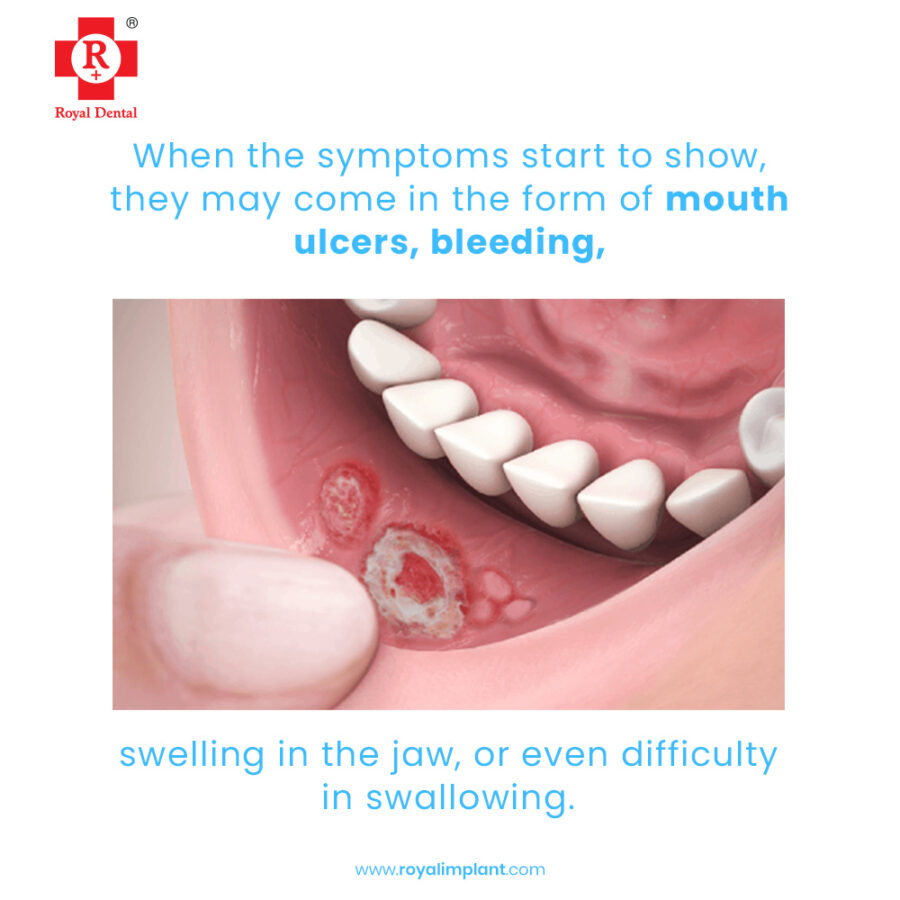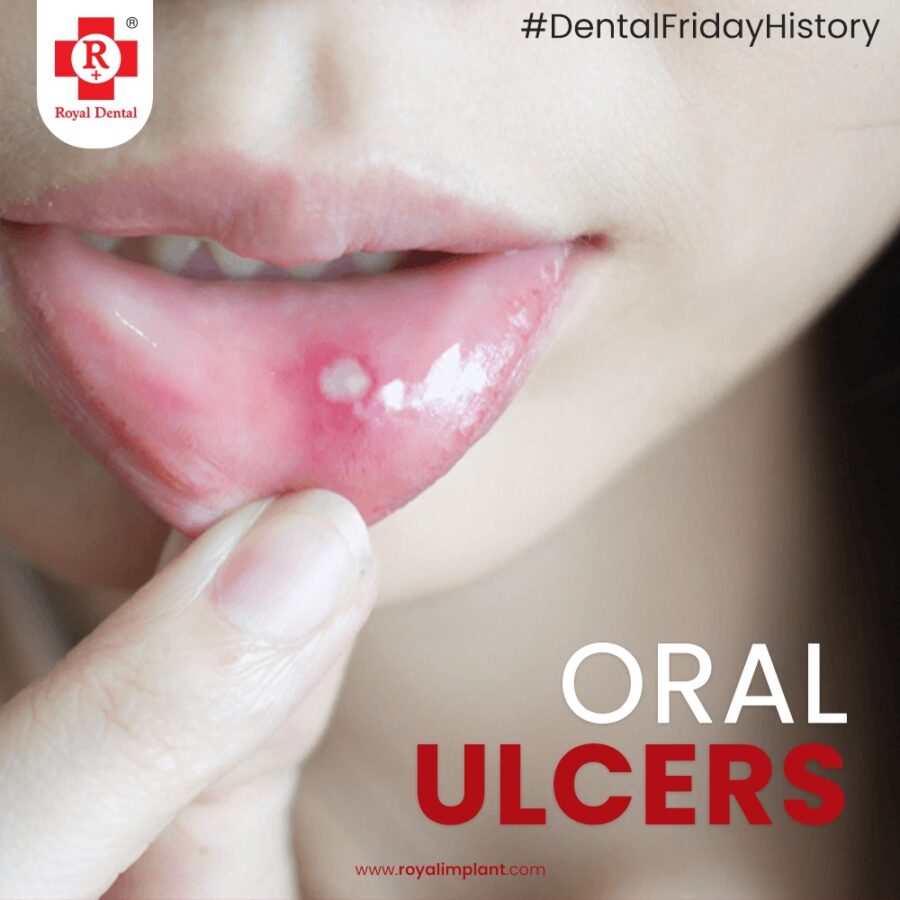It is not always easy to identify an ulcer, as it can be quite small and not very visible. However, if you see a small area on your tongue that bleeds easily or becomes painful when you eat spicy food, it could be an ulcer. Doctors usually classify ulcers into three main types: acute, chronic and recurrent. Below is more information about the causes of oral ulcers below the tongue and cancer.
Acute oral ulcers
They can affect people of any age and gender but are more common among people who have a weakened immune system due to conditions such as HIV, diabetes and kidney disease. Wearing dentures that don’t fit well and brushing your teeth too forcefully are also common causes of acute oral ulcers.

Other risk factors include eating spicy foods, smoking, drinking too much alcohol, and having poor oral hygiene. Signs and symptoms include a small, red, painful wound on your tongue that bleeds easily when touched. If left untreated, an acute oral ulcer can become larger and heal more slowly.
Chronic oral ulcers
Chronic ulcers are small, open wounds in your mouth that become crusted over and stay open, or don’t heal properly. They can last for months or years and occur when the body has difficulty healing an open wound. Smoking and excessive alcohol consumption can also cause chronic ulcers.

Other risk factors include wearing badly fitting dentures, grinding your teeth, stress and a poor diet. Signs and symptoms include a small wound that does not heal within a few weeks, but instead becomes larger and stays open. The wound may be surrounded by an area of redness and may be more painful when eating spicy foods. If left untreated, a chronic oral ulcer can become larger, more painful, and lead to an infection in the mouth.
Recurrent oral ulcers causing oral cancer
People who have recurrent ulcers may have an underlying condition that causes their immune system to be weakened. This is known as an autoimmune disease. Conditions that can cause recurrent oral ulcers include, but are not limited to, the following:
Crohn’s disease
Celiac disease
Lupus
Rheumatoid arthritis
Diabetes.
Other risk factors include having too much acid in the stomach, being stressed, and having poor oral hygiene.

Signs and symptoms include a small wound that does not heal within a few weeks and occurs in the same spot every time. The wound may be surrounded by an area of redness and may be more painful when eating spicy foods. If left untreated, a recurrent ulcer can become larger and lead to an infection in the mouth. The symptoms of oral cancer include: mouth ulcers that are painful and do not heal within several weeks. unexplained, persistent lumps in the mouth or the neck that do not go away.
Other types of ulcers
Superficial ulcers are small, open wounds in the tongue’s surface. And are often caused by an injury or biting your tongue while eating. Fissured ulcers are deep ulcers that form grooves on your tongue. They’re commonly caused by trauma or a dental appliance. Single ulcers are one wound that occurs in a specific spot on the tongue, while multiple ulcers are two or more wounds in different areas of the tongue.

Moist oral ulcers are wounds that periodically develop an accumulation of pus, and dry ulcers are open wounds that do not produce any pus. Infected ulcers are wounds that have bacteria in them, and non-infected ulcers are wounds that do not have bacteria in them.
Risk factors for developing tongue ulcers
Having diabetes: People with diabetes have an increased risk of developing a tongue ulcer due to nerve damage.
HIV or another condition that weakens the immune system: A weakened immune system makes it harder to fight off infections, which may lead to an ulcer.
Smoking or chewing tobacco: Both of these can increase the risk of developing a tongue ulcer.
Having poor oral hygiene: Oral bacteria can enter the bloodstream and weaken the immune system, which can make it easier to develop an ulcer.
Conclusion to oral Ulcers
A tongue ulcer can be quite painful and affect your life in many ways, so it’s important to know what causes them and how you can prevent them. There are three main types of ulcers: acute, chronic, and recurrent. Other types of ulcers include superficial and fissured ulcers. Risk factors for developing an ulcer include wearing badly fitting dentures, having diabetes, and smoking or chewing tobacco.
Follow Us For More Updates





